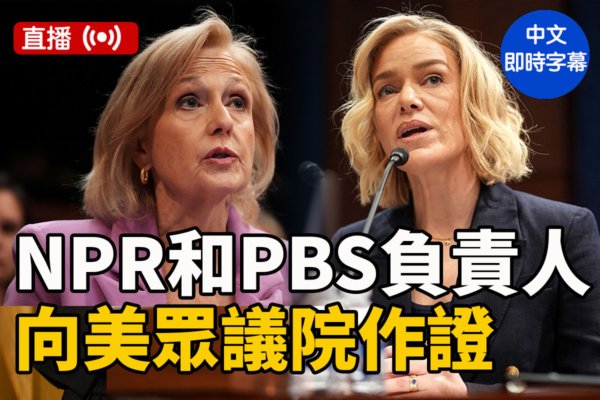On the morning of March 26th, the Government Efficiency Subcommittee of the House Oversight and Government Reform Committee held a hearing on the accountability of the heads of NPR (National Public Radio) and PBS (Public Broadcasting Service). The committee discussed issues related to their responsibilities in a public forum. This event drew significant attention as it delved into the workings of two major public broadcasting entities in the United States.
The hearing aimed to address concerns about the management and governance of NPR and PBS, organizations that play a crucial role in providing news and information to the American public. The Government Efficiency Subcommittee sought to ensure that these entities are operating efficiently and in accordance with their public service mission.
The accountability of top executives at NPR and PBS has been a topic of interest and debate, particularly regarding their handling of programming, staffing, and financial matters. The hearing provided an opportunity for lawmakers to question the leaders of these organizations and to gain insights into their decision-making processes and overall management.
The live coverage of the hearing was available online through various platforms, including New Tang Dynasty Television (NTDTV), Epoch Times, and Clean World. Viewers could access real-time translations and subtitles to follow the proceedings and discussions taking place during the hearing.
The links provided by Epoch Times (https://www.youtube.com/watch?v=oArQdF1jgew), NTDTV (https://www.youtube.com/watch?v=8KlfVVfd7zA), and Clean World (https://www.ganjingworld.com/zh-TW/live/1hh7t4a6fgh6wcbj6LQ9OLkoS1291c) allowed audiences to tune in and witness the hearing as it unfolded. The accessibility of the live streams ensured that interested individuals could stay informed about the developments and responses presented by the NPR and PBS leadership.
Overall, the hearing shed light on the inner workings of NPR and PBS and offered a platform for a transparent discussion of their roles and responsibilities in the media landscape. As the debate continues on the future of public broadcasting in the United States, events like these play a crucial role in fostering accountability and transparency within these vital institutions.

